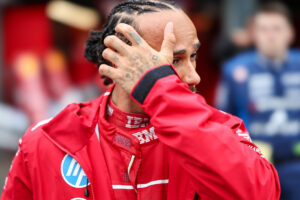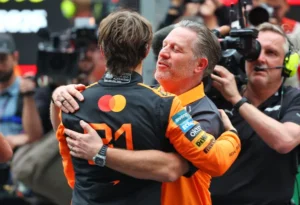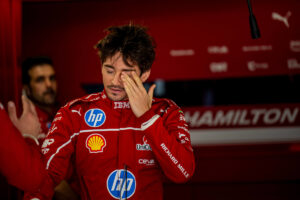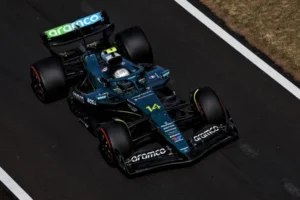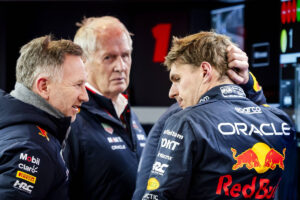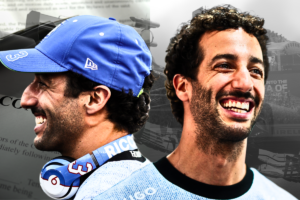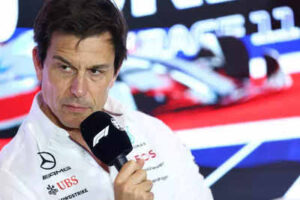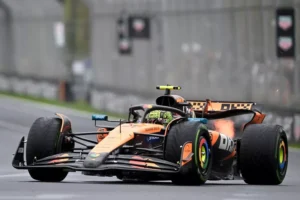Breaking: Helmut Marko Admits Red Bull Driver Signing ‘Mistake’: A Look into Team Dynamics and Future Strategies…Read more
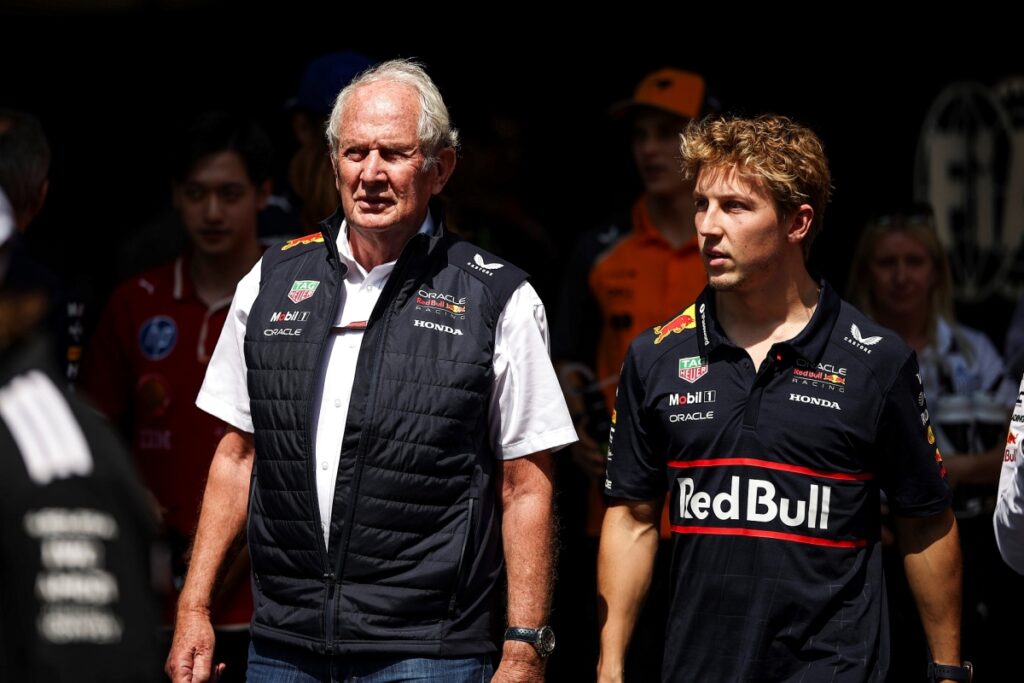
Helmut Marko Admits Red Bull Driver Signing ‘Mistake’: A Look into Team Dynamics and Future Strategies
In a candid revelation, Helmut Marko, the head of Red Bull Racing’s driver development program, has acknowledged a significant misstep in the team’s recent driver signing decisions. The admission, made during an interview with motorsport journalists, highlights the complexities of talent evaluation and the high stakes involved in Formula 1 racing.
Marko, a long-time architect of Red Bull Racing’s successful driver lineup, has been known for his sharp instincts in scouting and developing young talent. However, he recently reflected on the team’s decision to sign a particular driver, which he now considers a mistake. While Marko did not disclose the driver’s identity, the implications of this statement reverberate throughout the paddock as teams assess their own driver contracts ahead of the next season.
The controversy traces back to the recent performance fluctuations within the team, where fans and analysts alike have scrutinized the consistency of its drivers. After a stellar run in previous seasons, Red Bull Racing has faced new challenges, with the pressure mounting to deliver results. The speculation around Marko’s comments centers on the balance between youthful exuberance and seasoned expertise in driver selection.
“Formula 1 is an unforgiving sport, and every decision we make is under immense scrutiny,” Marko stated. “We strive to build a team that not only has speed but also the mental fortitude to compete at the highest level. Sometimes, in our eagerness to bring fresh talent into the fold, we may overlook certain crucial aspects of a driver’s readiness.”
This admission comes at a time when several teams are re-evaluating their driver lineups, particularly as young talents emerge from various racing categories, including Formula 2 and Formula 3. The competition for seats has never been more intense, and the demands on drivers continue to evolve.
Furthermore, Marko’s acknowledgement of a strategic error sheds light on the pressures placed on team management and the importance of meticulous decision-making. In a sport where split-second decisions can lead to monumental success or failure, the evaluation process for potential candidates must be holistic, taking into account not just raw speed, but also adaptability to the team culture, communication skills, and racecraft.
The talk surrounding a potential driver change within Red Bull Racing could spark interest from various contenders who are eager to prove themselves at the pinnacle of motorsport. The likes of Pierre Gasly and Alex Albon, both former Red Bull drivers, have demonstrated their capabilities in other teams, leaving an intriguing question mark over who might fill a potential vacancy.
In the broader context of F1 dynamics, Marko’s comments emphasize a fundamental truth: the relentless pursuit of excellence requires both humility and resilience. As teams seek to optimize their competitive edge, the balancing act between experience and youth becomes even more critical.
Looking forward, Red Bull Racing is expected to re-evaluate its strategies for the upcoming driver market. With the summer break fast approaching and the spotlight shining brightly on performance, fans and pundits alike will be watching closely to see how Red Bull navigates these pivotal decisions.
As Marko wrapped up his thoughts, he expressed confidence in Red Bull’s overall vision and commitment to success. “Every challenge is an opportunity to learn and improve. We may stumble in our choices, but it fuels our determination to come back stronger,” he concluded.
In summary, Helmut Marko’s recent admission regarding driver signing mistakes not only sheds light on the internal workings of Red Bull Racing but also serves as a poignant reminder of the complexities faced by teams in a fiercely competitive environment. As Formula 1 continues to grow in popularity and challenge, the importance of strategic decision-making will remain at the forefront of discussions as the sport moves forward into the 2025 season and beyond.

